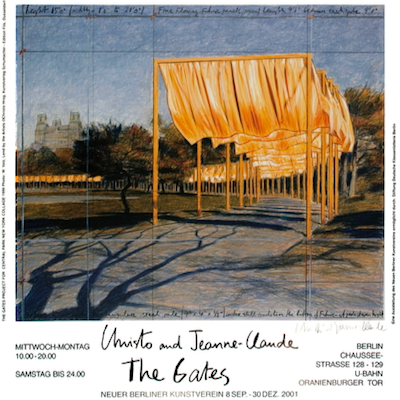
Details
Artist
Styles
// Untitled (Fish) by Lothar Baumgarten, created in 1985, is a limited edition screen-print that combines natural imagery with textual elements, reflecting Baumgarten's interest in indigenous cultures and ecological themes. The print presents an abstracted image resembling fish or feather textures, layered with names of rivers or places in the Amazon Basin, written in a variety of colors across the composition. These words, including Sipari, Aitana, and Mamori, evoke a sense of geography and cultural context, grounding the natural imagery in a specific landscape. Baumgarten’s work often explores the intersection between nature and cultural identity, inviting viewers to reflect on the relationship between humanity and the environment. With an edition size of only 35, this piece encapsulates Baumgarten’s delicate balance of image and language, creating a contemplative, immersive experience.
Untitled (Fish), 1985
form
Medium
Size
80 x 115 cm
- Inches
- Centimeters
Edition
Price
Details
Artist
Styles
// Untitled (Fish) by Lothar Baumgarten, created in 1985, is a limited edition screen-print that combines natural imagery with textual elements, reflecting Baumgarten's interest in indigenous cultures and ecological themes. The print presents an abstracted image resembling fish or feather textures, layered with names of rivers or places in the Amazon Basin, written in a variety of colors across the composition. These words, including Sipari, Aitana, and Mamori, evoke a sense of geography and cultural context, grounding the natural imagery in a specific landscape. Baumgarten’s work often explores the intersection between nature and cultural identity, inviting viewers to reflect on the relationship between humanity and the environment. With an edition size of only 35, this piece encapsulates Baumgarten’s delicate balance of image and language, creating a contemplative, immersive experience.
What is site specific art?
Site-Specific Art is a form of artwork created to exist in a particular location, with the artist considering the site as an integral part of the creative process. Robert Irwin was a key figure in promoting this art form in California. Site-Specific Art emerged as a reaction against modernist objects, which were often portable, commodified, and confined to museum spaces. In contrast, Site-Specific Art is inherently tied to its location, challenging the traditional notions of art as a transportable and marketable commodity.














